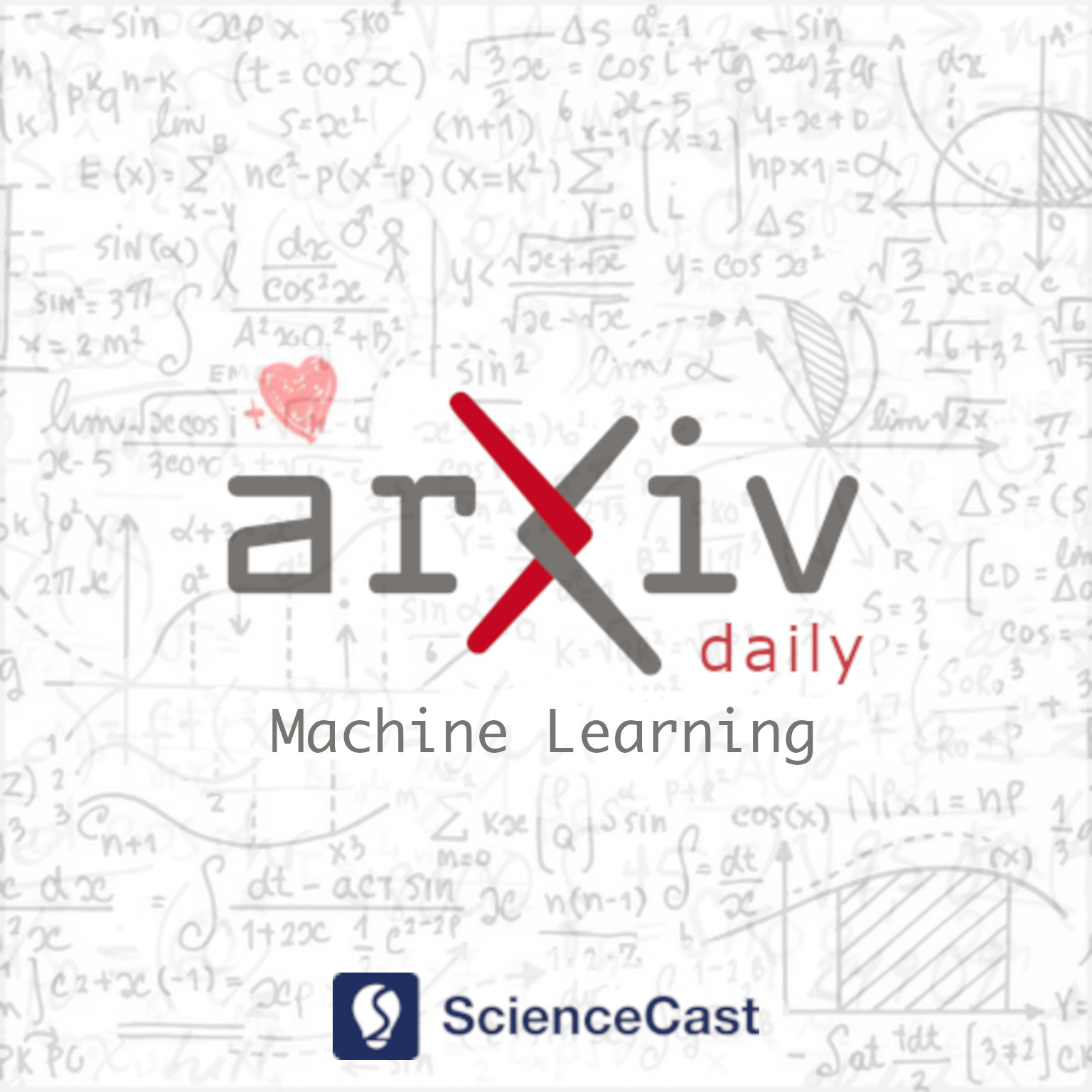
Machine Learning (stat.ML)
Mon, 08 May 2023
1.Building Neural Networks on Matrix Manifolds: A Gyrovector Space Approach
Authors:Xuan Son Nguyen, Shuo Yang
Abstract: Matrix manifolds, such as manifolds of Symmetric Positive Definite (SPD) matrices and Grassmann manifolds, appear in many applications. Recently, by applying the theory of gyrogroups and gyrovector spaces that is a powerful framework for studying hyperbolic geometry, some works have attempted to build principled generalizations of Euclidean neural networks on matrix manifolds. However, due to the lack of many concepts in gyrovector spaces for the considered manifolds, e.g., the inner product and gyroangles, techniques and mathematical tools provided by these works are still limited compared to those developed for studying hyperbolic geometry. In this paper, we generalize some notions in gyrovector spaces for SPD and Grassmann manifolds, and propose new models and layers for building neural networks on these manifolds. We show the effectiveness of our approach in two applications, i.e., human action recognition and knowledge graph completion.
2.Gaussian process deconvolution
Authors:Felipe Tobar, Arnaud Robert, Jorge F. Silva
Abstract: Let us consider the deconvolution problem, that is, to recover a latent source $x(\cdot)$ from the observations $\y = [y_1,\ldots,y_N]$ of a convolution process $y = x\star h + \eta$, where $\eta$ is an additive noise, the observations in $\y$ might have missing parts with respect to $y$, and the filter $h$ could be unknown. We propose a novel strategy to address this task when $x$ is a continuous-time signal: we adopt a Gaussian process (GP) prior on the source $x$, which allows for closed-form Bayesian nonparametric deconvolution. We first analyse the direct model to establish the conditions under which the model is well defined. Then, we turn to the inverse problem, where we study i) some necessary conditions under which Bayesian deconvolution is feasible, and ii) to which extent the filter $h$ can be learnt from data or approximated for the blind deconvolution case. The proposed approach, termed Gaussian process deconvolution (GPDC) is compared to other deconvolution methods conceptually, via illustrative examples, and using real-world datasets.